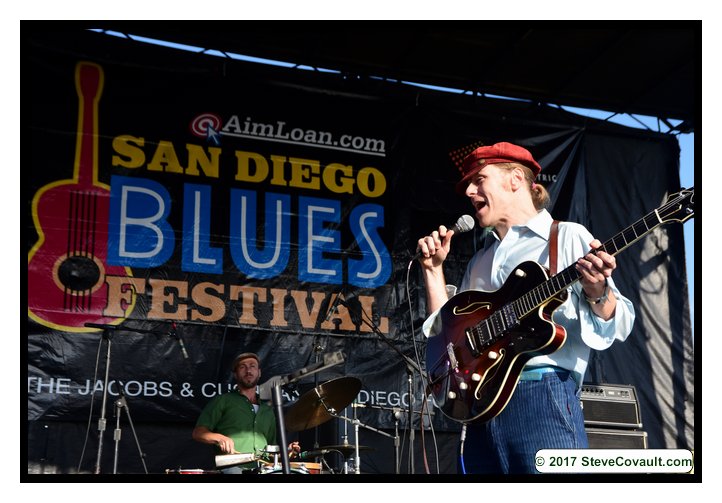On April 28, David “Ram Jam” Rodigan and Mighty Crown, Far East Rulaz sound systems, will play in San Diego for the first time. Both are champion sound systems, equally deserving of respect and gratitude.
A sound system can be an individual or comprised of many people who functions as engineers, MCs, DJs, etc. A sound system in Jamaica is a tantamount to a hamburger in America; it’s a cultural identity. The clarity of the music and the ability to play the most current reggae music coming out of Jamaica, sampling from the palates of many reggae genres, is not an easy task. It’s not what music is played, but more so how the music is played, that determines the success of a sound system. Rodigan (UK) and Crown (Japan) have won over the harshest and loyal reggae fans of other sound systems through perseverance and talented turntable skills.
An amplifier, a speaker box and a turntable is what Sir Coxsone Dodd (Clement Seymour) used as his first sound system to play American rhythm & blues music in the tenement yards of Kingston, Jamaica, during the '50s. Radio Jamaica wasn’t commissioned until 1950, and then only with a meager 200 listening posts throughout the small island. Popular music (American) began playing on air in 1960, so the significance of sound systems -- or “free parties” -- was an extremely vital vessel to introducing new music to the island.
Dodd was exorbitantly influential with the development of ska music. Recognizing the swift downward change in rhythm & blues in America, he began recording and producing local reggae artists. Ska transgressed into rocksteady, which naturally evolved into what is now called reggae. It was a necessity to keep people attending these dances, in which a nominal fee was charged to hear the system play, eventually birthing the legendary Studio One recording studio. During an open audition, a young group, Bob Marley and the Wailers, performed for Dodd and subsequently was offered a contract. A whole slew of sounds developed across the island, but only one sound was able to compete with Dodd's: Arthur “Duke” Reid’s Trojan Sound System.
To complete the new trend, the sounds began recording specials or dubplates: having an artist record a track only to be played by that sound. The dubplates not only distinguished the sound but popularized the artist, which garnered them recording contracts. Modern day dubplates feature an artist using the sound name, special lyrics describing the sound; many sound systems can have a the same dubplate of a song by one artist that is uniquely tailored for their sound system. One important change now is that sound systems pay for dubplates.
At one point, sound systems began having artists denigrate other sounds on dubplate recordings, thus creating conflict with those sounds. Two or more sounds would hold dances and compete using their dubplates, an event called clashing, with the crowd typically deciding who the winner is. The sound system could win cash or trophies, but it’s a financially lucrative fete: The winner can hold dances filled to capacity. Mighty Crown has mastered clashes and won the world clash held annually in New York City. Dubplates also saw an evolutionary trend similar to ska, also pinned to Studio One. The sound systems began holding dances indoors (dancehalls) to maximize profit. Reggae legend Sugar Minott, another Studio One artist, began “toasting” or rapping over faster, digitized riddims (beats), moving away from the slower live instrumentation of ska music. This new sound has been named dancehall reggae, a close brother to hip-hop and rap.
Sir Coxsone Dodd is an important icon and innovator to sound systems, and he is rarely given his proper accolades for revolutionizing the reggae sound in its current form today.
SoundDiego
Music. Community. Culture.
Check out Rodigand and 'Crown on April 28 at Sound Wave. Advanced tickets are $17 and $20 at the door.




